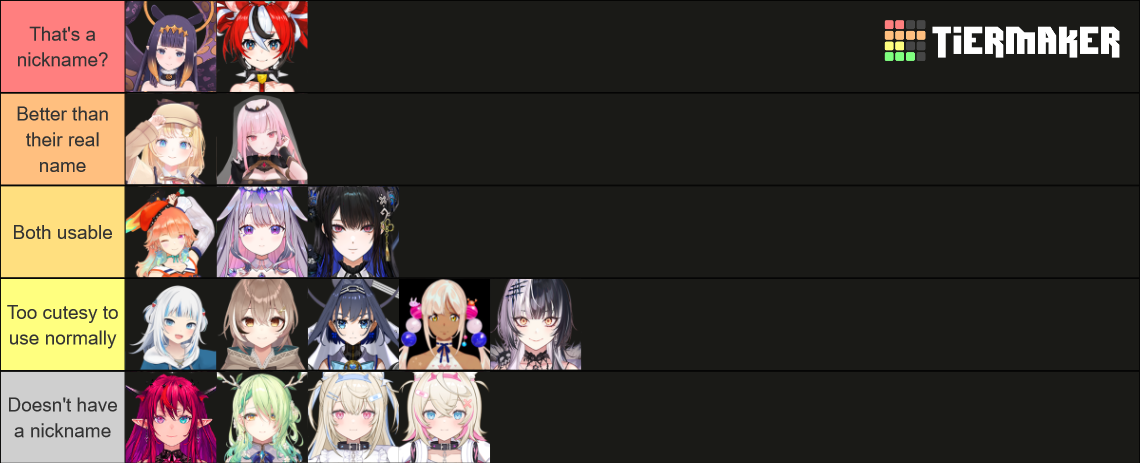As someone who knows very little about Scheme or Arabic, what are some aspects of this language that might be novel or interesting to someone with a background in mainstream languages?
qwertyasdef
Hey, I like checked exceptions too! I honestly think it's one of Javas's best features but it's hindered by the fact that try-catch is so verbose, libraries aren't always sensible about what exceptions they throw, and methods aren't exception-polymorphic for stuff like the Stream API. Which is to say, checked exceptions are a pain but that's the fault of the rest of the language around them and not the checked exceptions per se.
That texture healing looks super nice. Is that something fonts can just do or does it require special editor support?
Seconding this request, this is the number one thing that has me keep going back to other apps.
If you don't need to reuse the collection or access its items out of order, you can also use Iterable which accepts even more inputs like generators.
Out of curiosity, what is that spoilered book?
...What are they actually launching though? I mean I love the payment scheme but I can't get excited over this without an actual good product being sold.
The one case where I prefer video is when I know next to nothing about the topic and the other choice is mediocre to low-quality writing. Most people aren't great technical writers, and it's easy to skip over steps either because the writer assumes too much prior knowledge or simply because it takes effort to put that information in. On the other hand, videos are the opposite where it takes effort to cut stuff out, so you usually get all the steps which is what I need when I don't know anything.
If I have the option of a well-written, step-by-step tutorial though, or if I already know the topic and have a vague idea of what I'm looking for, then text is much better for being able to search/skim/go back and forth at my own pace.
I consider YabaIRyS more of an epithet than a nickname. I can't imagine anyone using it to replace her name like "I wonder what YabaIRyS (IRyS) is doing", only as a description replacing yabai like "Bruh, YabaIRyS (yabai)" in response to something she did/said.
Forgetting Faufau is pretty indefensible. It's been a long time, but that puts it in the same boat as Kronini and Sanana which I did remember.
I wasn't sure if Fuwa-chan and Moco-chan count as nicknames or if they're just how you say their names in Japanese. I guess dropping the last syllable is what makes it a nickname as opposed to just their real name + Japanese honorific?
I guess it depends on what you mean by using monads, but you can have a monadic result type without introducing a concrete monad abstraction that it implements.
At a library level, couldn't you have an opaque sum type where the only thing you can do with it is call a match method that requires a function pointer for each possible variant of the sum type? It'd be pretty cursed to use but at least it wouldn't require compiler plugins.


Going by the example in the Github, it looks like a right-to-left Lisp with Arabic keywords. Does that fully describe the language or is there more to it than that?
I'd be interested in hearing about the parts that are more influenced by Arabic than Scheme. Are there any beyond the keyword language and writing direction? Like a new keyword that does something useful but has no equivalent in Scheme because the concept isn't easily expressed by an English keyword?